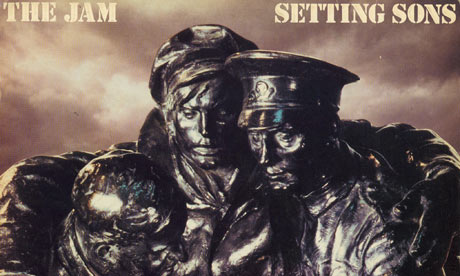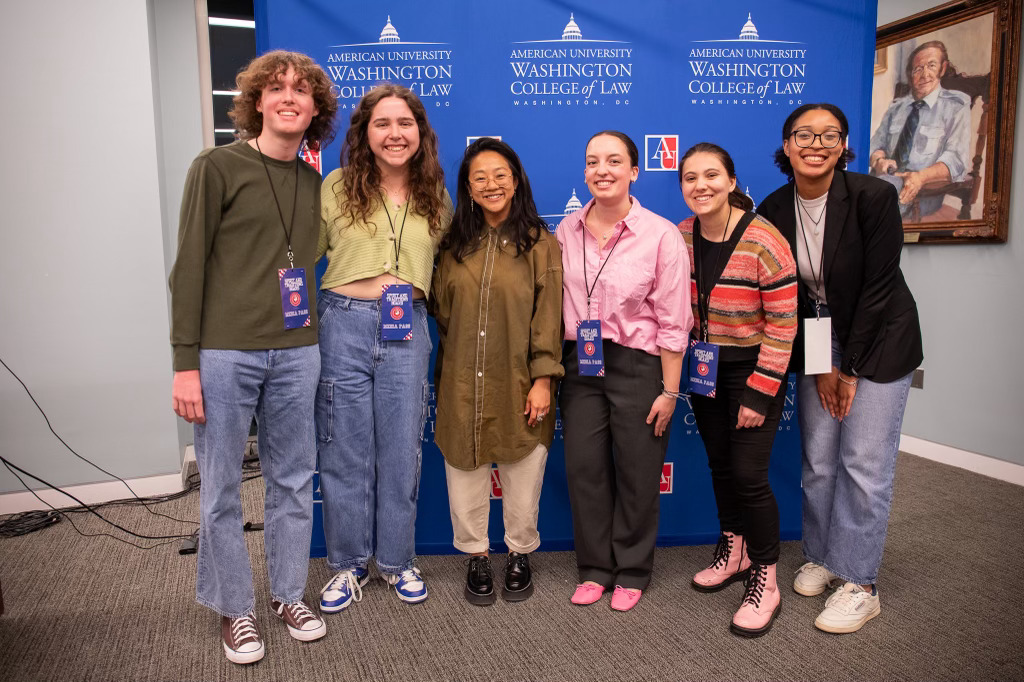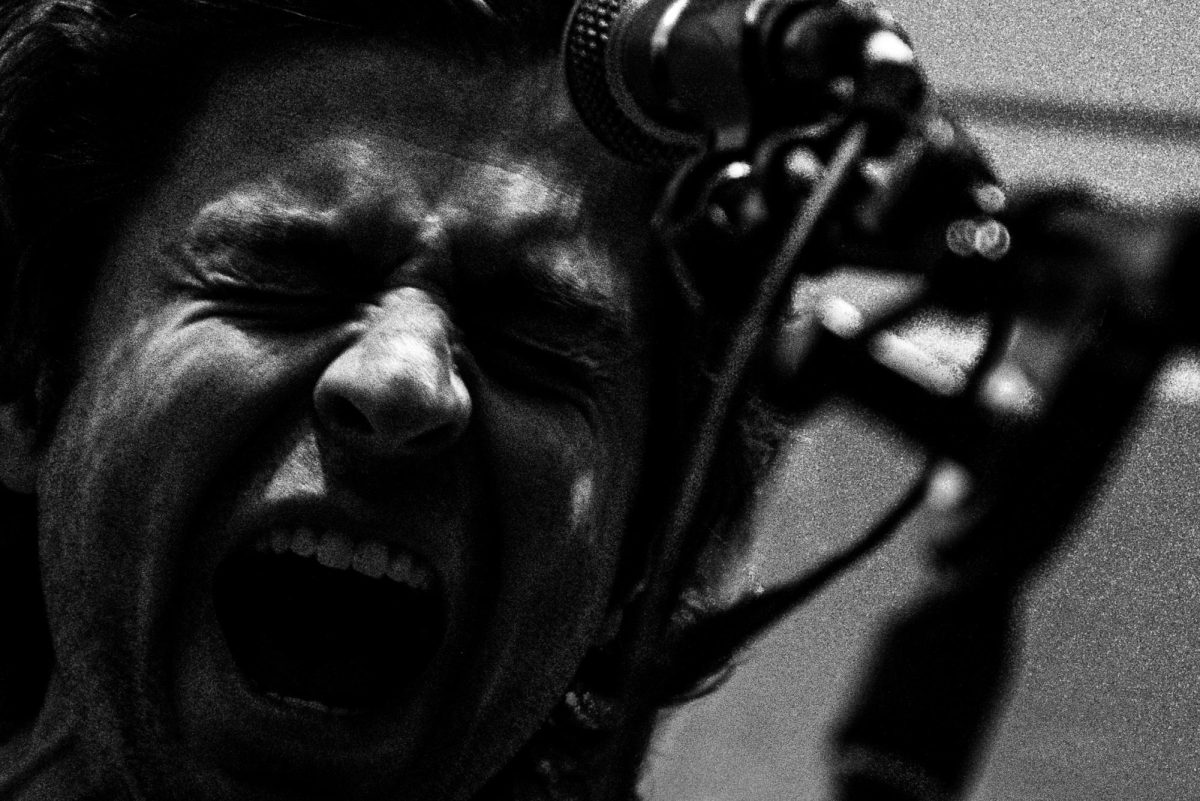Another Kind of Currency: The Jam, “The Eton RiflesÛ
April 8, 2015

Courtesy of The Guardian.
The Jam was a band that I’d always meant to get into throughout high school. Digging through their extensive back catalog always seemed daunting to me, but then senior year of high school happened and senioritis struck. I had to spend my time doing something and you know damn well it wasn’t studying for AP Physics. I typically have a rule that I listen to any music released before 1980 on vinyl first, but my local record store was pretty lacking in the punk section. So I turned to Spotify. Luckily their stuff is mastered well enough that it’s still listenable in digital formats. I’m not sure what was the order I listened to their stuff, but the two albums that struck me the most, and ended up being the first albums of theirs I owned on vinyl, are This Is the Modern World and Setting Sons. And it is the latter album that one of my favorite songs of theirs, “The Eton Rifles,” comes from.
As the only single released from Setting Sons, “The Eton Rifles” tells the story of a group of working class English boys who get in a fight with students of Eton College — home of incredibly privileged, elite British boys. The song initially seems to be sung from the perspective of an outsider reflecting on the fight, especially in the second verse, which is one of my personal favorites:
Thought you were smart when you took them on
But you didn’t take a peep in their artillery room
All that rugby puts hairs on your chest,
What chance have you got against a tie and a crest?
Hello-hurrah, what a nice day for the Eton Rifles
Hello-hurrah, I hope the rain stops play for the Eton Rifles
This verse, and especially when looked at it with the chorus that follows, can paint a clear picture of what Paul Weller was aiming to get across with this song. In acting as someone criticizing those attempting to rebel against the elite establishment, Weller is truly criticizing the person he is acting as. Weller is claiming that the students at Eton have an unfair advantage — they’ve been playing rugby for probably most of their lives and are thus built for it. All of this privilege brought to them by the “tie and [the] crest” that they don every day. It’s clear what he’s doing.

Courtesy of Eton College.
What’s interesting is that Old Etonian and Conservative Party member David Cameron has said that “The Eton Rifles” is actually one of his favorite songs. Weller, clearly someone who would not be supporting the Conservative Party — most of his songs are critical of conservative ideas (the bridge of “Little Boy Soldiers” from the same album is another example similar to what he does in “The Eton RiflesÛ). However, in an interview with The Guardian where he’s asked about this situation, Cameron says something very thought-provoking, especially to someone like myself, who, while being rather conservative, still enjoys songs that essentially take the piss out of my opinions: “I’ve always thought that if you can only like music if you agree with the political views of the person who wrote it, well, it’d be rather limiting.Û
And that has been quite true for me regarding much of the music I like. I was drawn to punk in my freshman year, when my conservatism, and politics in general, while present, wasn’t really a major factor in my life. I liked the general attitude and the way the music sounded. I appreciated well-written lyrics but wasn’t really listening to them for political reasons. However, as I began to dive deeper into the genre, politics became more important to me (a side-effect of growing up) and I noticed that so many of these new artists I was listening to were not singing to me. They were singing to liberals and socialists. But I kept listening. Why? Well, I wasn’t really sure at first; I just liked them. But then I realized something that Cameron kind of hinted at — listening to conservative music not only literally limits what I can listen to, but it also limits me personally. I believe that to have a fully formed opinion, one has to be aware of what others are saying. One has to know what others find problematic about what you believe in so you can decide if you still believe in it. If after you hear criticisms of your beliefs you still believe them, you then are very firm in your opinions. And that is what happened to me throughout high school and ESPECIALLY now in college.













